
In astrology, the term generally refers to three distinct points: the asteroid Lilith, the hypothetical second moon of Earth known as Black Moon Lilith (mean apogee), and Dark Moon Lilith (true apogee),... Read more »
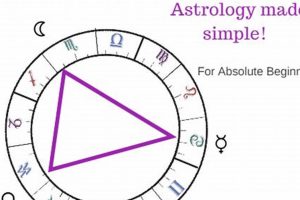
In astrology, a trine represents a 120-degree angle between two planets or points in a birth chart. This geometric relationship is traditionally considered harmonious and beneficial, suggesting an ease of flow and... Read more »
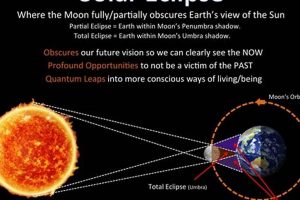
In astrological thought, these celestial events are believed to represent significant turning points, periods of accelerated growth, and catalysts for change. They often symbolize the culmination of a cycle or a sudden... Read more »
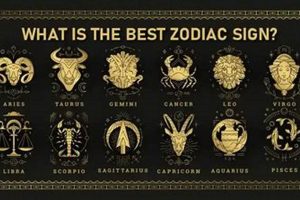
The concept of a superior astrological sign is subjective and depends on individual interpretations of astrological principles. While each of the twelve signs possesses unique strengths and weaknesses, determining a single “best”... Read more »

Individuals born on April 19th fall under one of two zodiac signs depending on their birth year. If born before the Sun enters Taurus, the individual is an Aries. If born after... Read more »
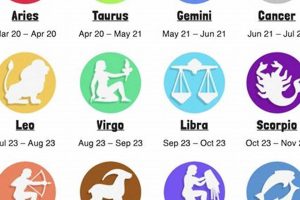
Individuals born on December 19th fall under the astrological sign of Sagittarius if born before the Sun enters Capricorn, or Capricorn if born after. The exact time of the Sun’s ingress into... Read more »
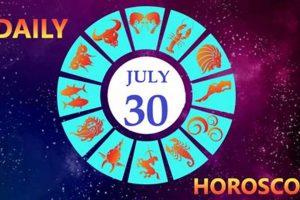
Individuals born on July 30th fall under the zodiac sign of Leo. This sign, symbolized by the lion, is a fire sign ruled by the Sun. Those born under this sign are... Read more »

In astrology, this domain represents transformation, regeneration, and the cyclical nature of life, death, and rebirth. It governs shared resources, including finances like inheritances, taxes, and joint ventures, as well as the... Read more »

In astrology, this area of the birth chart represents higher learning, long-distance travel, philosophy, religion, law, and the search for meaning and purpose. It governs expansion beyond the familiar and encompasses exploration... Read more »

In astrology, Ceres represents nurturing, nourishment, and the ways we give and receive care. It governs the cycles of nature, agriculture, food security, and the mother-child bond, extending to family relationships and... Read more »


